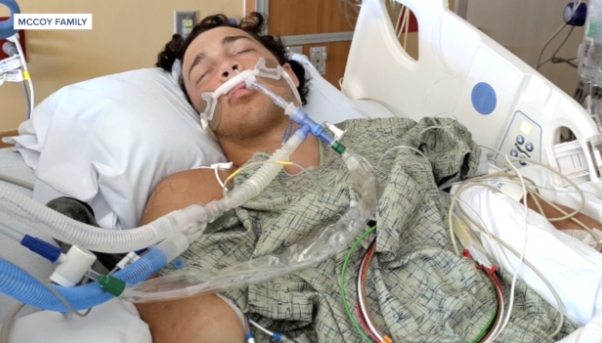In a groundbreaking development that has sent shockwaves through the world of sports, the Fiji Rugby Mental Health Clinic has unveiled startling new findings that are set to revolutionize our understanding of mental health in elite athletes. The clinic, renowned for its cutting-edge approach to player welfare, has released a series of discoveries that shed light on the often-overlooked psychological challenges faced by professional rugby players.
New Insights into Mental Health Challenges
The Fiji Rugby Mental Health Clinic’s latest research underscores the profound impact that competitive sports can have on players’ mental health. The study, conducted over the past year, involved a comprehensive evaluation of mental health indicators among a cohort of Fijian rugby players. The findings reveal a range of issues that go beyond the commonly acknowledged stress and anxiety, including depression, burnout, and post-traumatic stress disorder (PTSD).
One of the most startling revelations is the high prevalence of PTSD among rugby players, linked to both on-field injuries and the intense psychological pressure of maintaining peak performance. Dr. Eroni Tikima, the clinic’s chief psychologist, stated, “We are seeing a significant number of players experiencing symptoms of PTSD, which can be directly attributed to the high-impact nature of the sport and the mental strain of constant competition.”
The Unseen Strain of Rugby
The clinic’s research highlights that mental health issues in rugby players are often compounded by the culture of stoicism prevalent in the sport. Players are frequently encouraged to “tough it out,” which can prevent them from seeking the help they need. This cultural stigma, combined with the physical and emotional toll of the sport, creates a perfect storm for mental health challenges.
The study also found that players who suffer from mental health issues often face difficulties in accessing appropriate support services. Many players report that the existing mental health resources are either insufficient or inadequately tailored to the unique demands of their profession.
**Impact of the Findings**
The implications of these findings are profound. For the first time, there is concrete evidence that the mental health struggles of rugby players are more widespread and severe than previously thought. This has led to calls for a paradigm shift in how the sport addresses mental health.
Key stakeholders in rugby, including coaches, team managers, and sporting authorities, are now facing pressure to reevaluate their approach to player welfare. The clinic’s discoveries are likely to spur significant changes in policies related to mental health, including increased investment in psychological support and a more open dialogue about mental health challenges.
**Proposed Solutions and Next Steps**
In response to the findings, the Fiji Rugby Mental Health Clinic has proposed several measures to address these issues. These include:
1. Enhanced Mental Health Training: Developing specialized training programs for coaches and team staff to better recognize and address mental health issues in players.
2. Integrated Support Systems: Implementing more comprehensive mental health support structures within rugby teams, including regular psychological assessments and access to mental health professionals.
3. **Cultural Shift:** Promoting a cultural shift within rugby to reduce the stigma associated with seeking help for mental health issues. This involves encouraging players to openly discuss their mental health and seek support without fear of judgment.
4. Long-Term Monitoring: Establishing long-term monitoring and support for players even after their careers end, recognizing that the impact of mental health issues can persist long after retirement.
Dr. Tikima emphasized the importance of these measures: “Our goal is not only to address mental health issues as they arise but to create a proactive environment where players feel supported throughout their careers and beyond. This is a crucial step toward ensuring the overall well-being of athletes.”
Global Implications
While the focus of this study is on Fiji Rugby, the implications of these findings resonate across the global sports community. Rugby is not unique in its challenges, and similar issues are likely present in other contact sports. The clinic’s discoveries could serve as a catalyst for a broader reevaluation of mental health practices in sports worldwide.
International rugby organizations and other sports federations are expected to take note of these findings and consider how they can apply similar principles to enhance mental health support for their athletes. This could lead to a new era of athlete care, where mental health is given the same priority as physical health.
The latest discoveries from the Fiji Rugby Mental Health Clinic mark a pivotal moment in the understanding of mental health in sports. By bringing to light the severe and often hidden psychological challenges faced by rugby players, the clinic is challenging the status quo and prompting necessary reforms.
As the rugby community grapples with these revelations, the focus must shift toward creating a more supportive and open environment for players. The proposed changes have the potential to transform not only the landscape of rugby but also the broader sporting world, ensuring that mental health receives the attention and care it rightfully deserves.
For now, the world watches closely as these new insights pave the way for a more empathetic and effective approach to mental health in sports. The hope is that these efforts will lead to a healthier, more supportive environment for athletes, where mental well-being is prioritized alongside physical prowess.















Leave a Reply